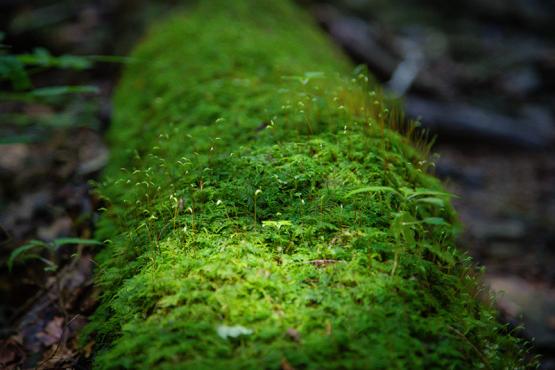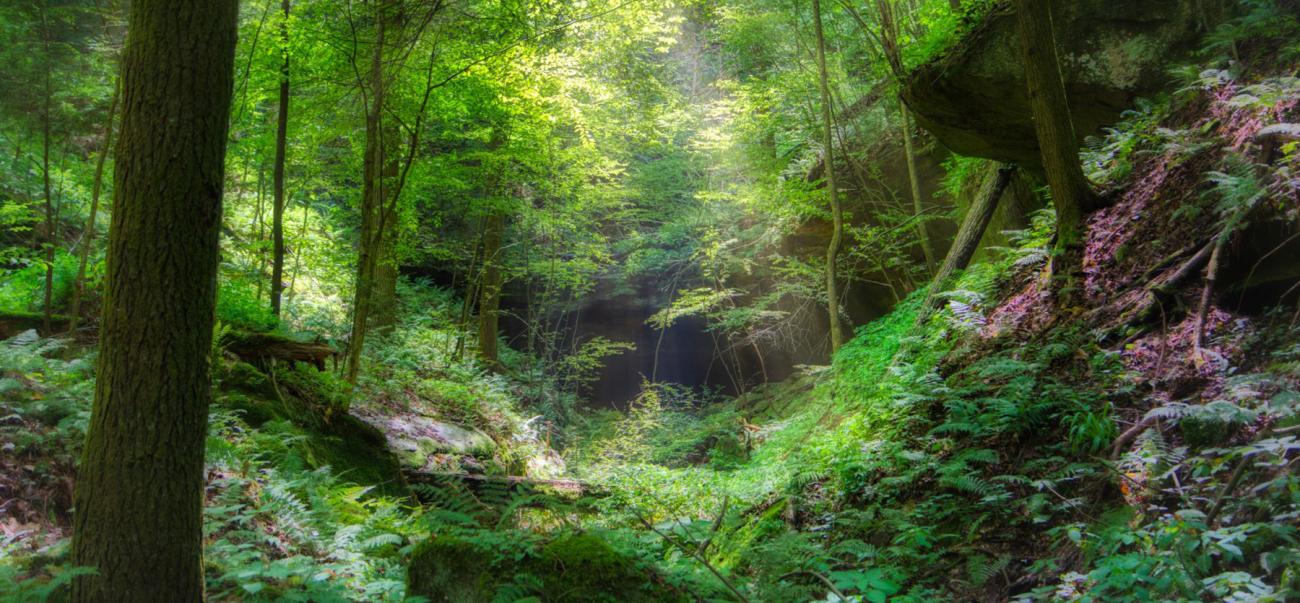The Crane Hollow ATBI (All Taxa Biodiversity Inventory) is a core research collection consisting of over 120,000 specimens. Since 2002, Crane Hollow Nature Preserve in Hocking County, Ohio, has sponsored an extensive All Taxa Biodiversity Inventory of the preserve’s flora and fauna. Crane Hollow has partnered with Ohio University since 2016 on research and student training, and in 2020 Crane Hollow and Ohio University developed a formal agreement to transfer the collections to the OHIO Museum Complex.
Each specimen in the collection is documented with associated field data, and since 2002, researcher hours spent on specimen and data collection, specimen preparation, and identification total over 70,500 hours. The collection is unique due to the relatively small, protected area from which it was collected in the biologically diverse region of Appalachian Ohio. The Crane Hollow collection is curated by Professor Nancy J. Stevens and will be used by researchers at Ohio University and beyond, including undergraduate and graduate students, for ongoing work into the evolution and ecology of our region’s biodiversity. To date, over 11,700 species have been identified from this small parcel of Appalachian nature of less than 2,000 acres.

Located in Laurel Township in Hocking County, Ohio, the Crane Hollow Preserve encompasses over 1,940 acres, 1,286 acres of which have been dedicated as a state nature preserve by the Ohio Department of Natural Resources, Division of Natural Areas and Preserves. The Ellis family incorporated Crane Hollow as a private nonprofit operating foundation in 1980 and the preserve became part of the State of Ohio Nature Preserve system in 1990. For more information about the Crane Hollow Preserve, see cranehollow.org .
The Crane Hollow Collection is an invaluable fine-grained record for ecological monitoring of plants and invertebrates, recording how organisms respond to environmental changes through time. It will soon be housed in a new state-of-the science collections and research facility located in 211 Lin Hall.

